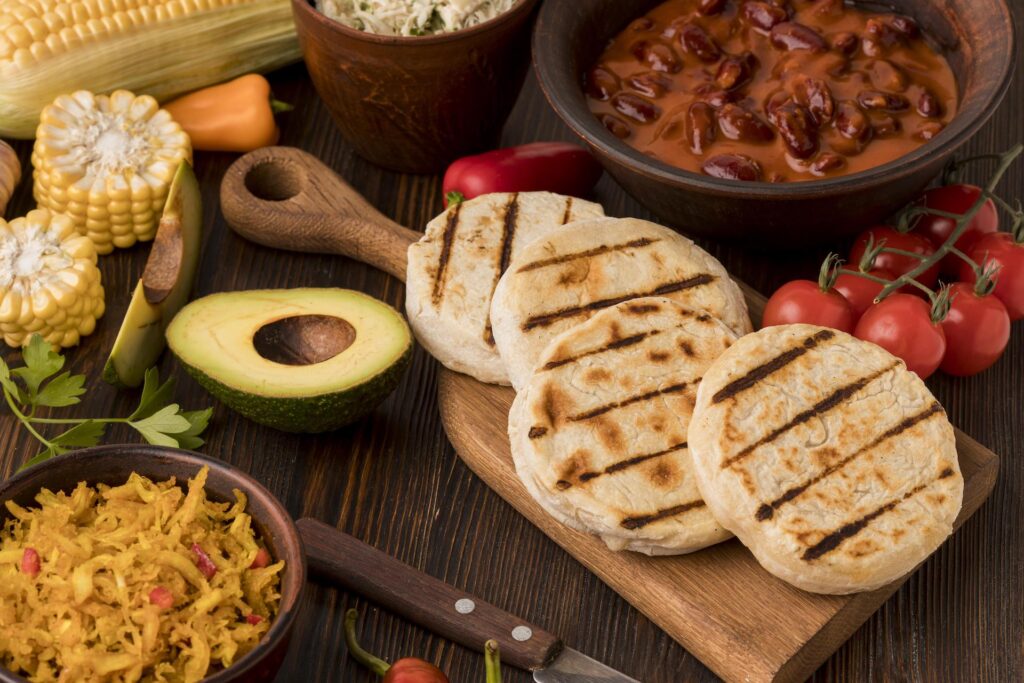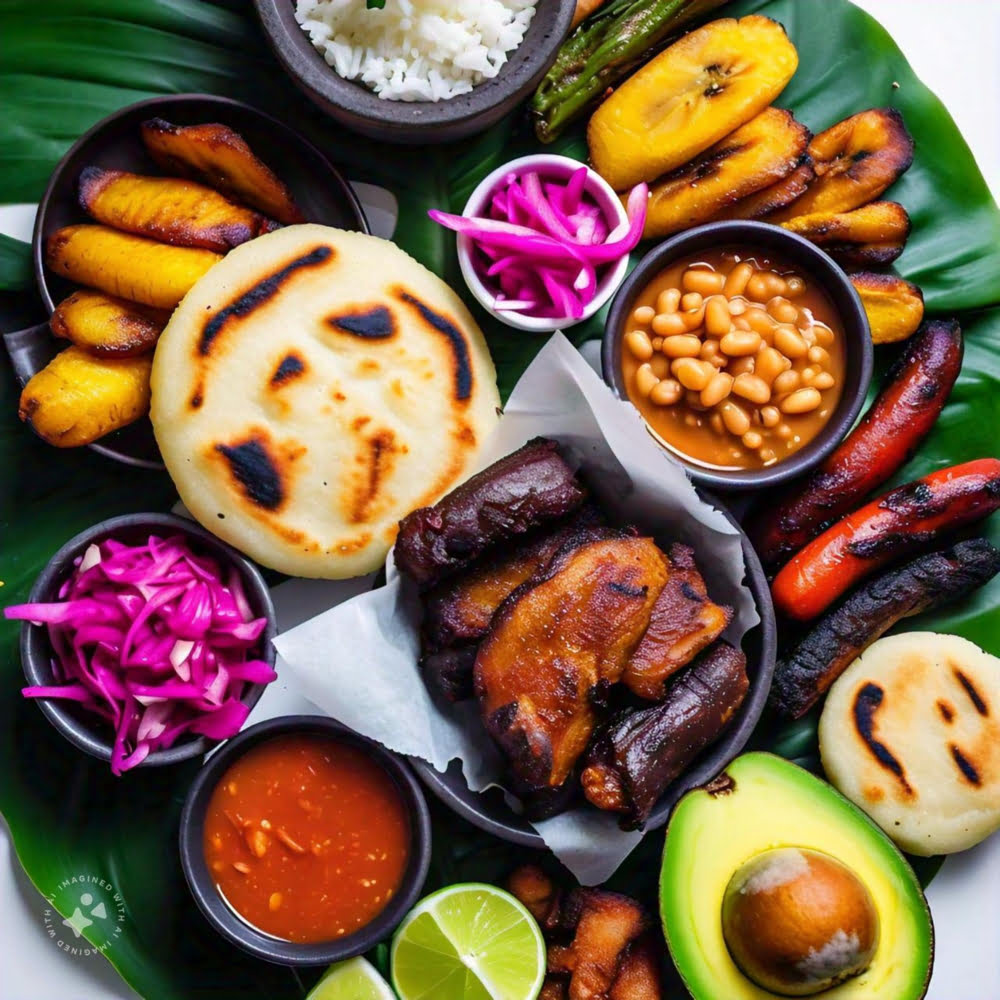Social class and taste: a look at food in Colombia
We can’t deny that socio-economic status plays an important role in the diet of Colombians. In the lower social classes, access to fresh, nutritious and varied food is generally limited, which can lead to nutritional deficiencies and affect people’s physical and intellectual development. On the other hand, in the higher social classes, the diet tends to be richer in proteins, fruit and vegetables, which translates into better health and well-being. However, this doesn’t mean that there aren’t delicious and nutritious culinary options for less privileged populations.
In fact, Colombian cuisine, born out of ingenuity and necessity, has made the most of the available ingredients, creating dishes full of flavor and nutritional value.

A mix of cultures
Colombia is a multicultural country with a rich indigenous, African and European heritage. This diversity is reflected in its gastronomy, where each region brings its own ingredients, culinary techniques and traditions.
On the Caribbean coast, for example, the African influence is evident in the use of spices and seafood. In the Andean region, dishes based on corn and potatoes stand out, while in the Amazon and Orinoco regions there is a wide variety of exotic fruits and fresh fish.
The influence of food on development
Proper nutrition is essential for the physical and cognitive development of individuals, especially in the growth stages and during childhood. A balanced diet rich in essential nutrients such as proteins, vitamins and minerals is fundamental for good school performance, a strong immune system and optimal general health.
Nutrition plays a fundamental role at different stages of life. In childhood, a proper diet is essential for the growth and development of the brain, immune system and bones. Nutrient deficiencies at this stage can have irreversible long-term consequences.
During adolescence, nutrition continues to be important for physical and mental development, as well as for forming healthy eating habits that will last into adulthood. At this stage, nutritional needs increase due to accelerated growth and hormonal changes.
In adulthood, a balanced diet helps to maintain a healthy weight, prevent chronic diseases and improve quality of life. In old age, proper nutrition is essential to maintain autonomy and independence, as well as to prevent frailty and age-related diseases.

Dietary gaps and their impact on development
Despite the importance of food for development, there are significant gaps in access to a healthy diet around the world. These gaps are exacerbated by factors such as poverty, inequality and discrimination.
Children living in poverty are more likely to suffer from malnutrition, which can have serious consequences for their physical and cognitive development. In addition, women and girls generally have less access to nutritious food than men and boys, which makes them even more vulnerable to anemia and other nutritional deficiencies.
These dietary gaps not only affect individual health, but also have a negative impact on the social and economic development of countries. Malnutrition reduces labor productivity, increases health care costs and limits people’s potential to reach their full potential.
What can you do to close the food gap?
To eliminate food gaps and ensure that all people have access to a healthy diet, it is necessary to implement public policies that promote sustainable food production, nutritional education and access to nutritious food at prices that allow these families to afford it.
It is also important to empower communities to make informed decisions about their food and to develop sustainable agricultural practices that allow them to produce their own food.
Promoting healthy and equitable food in Colombia
It is important to work to ensure that all Colombians, regardless of their socioeconomic status, have access to healthy and nutritious food.

This means gaining in-depth knowledge of the different realities, understanding the numbers, the factors that influence access to healthy food, food sources, timetables, etc. in order to develop and implement public policies that encourage the production and consumption of fresh, local and seasonal food, as well as nutrition education programs that teach people how to choose a balanced diet that suits their needs and conditions.
Food is a fundamental human right and an essential element for individual and social development.
Taking advantage of the richness of Colombian gastronomy and investing in healthy food for all is an investment in the future, as it builds more prosperous, just and sustainable societies.












